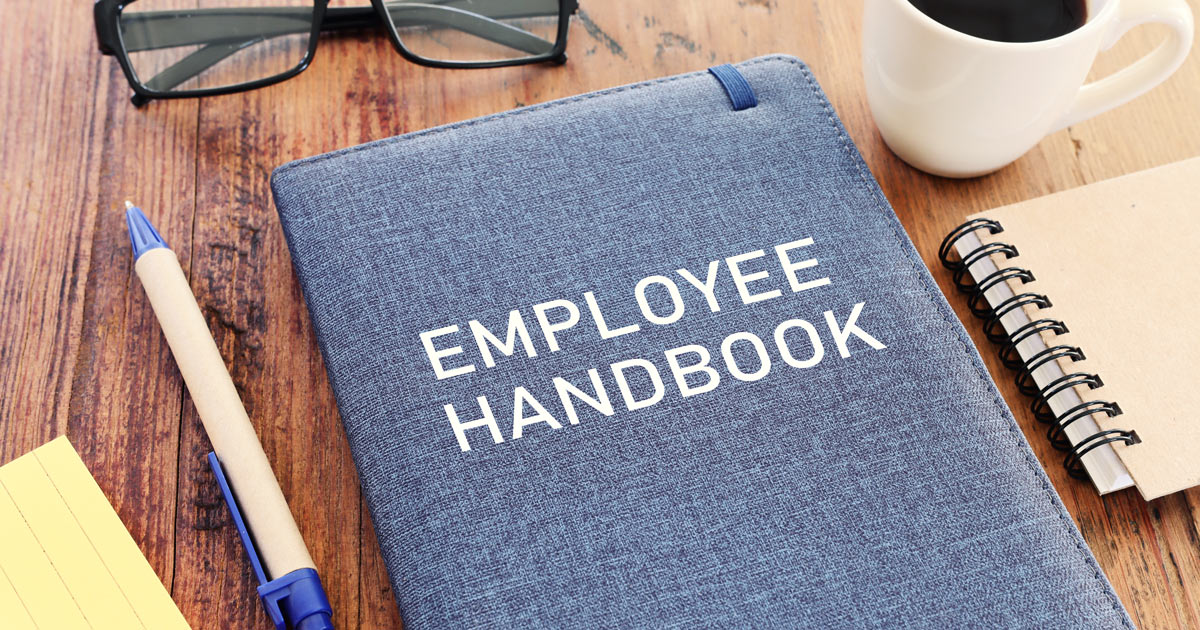Employers Beware – The NLRB May be Coming for Your Handbook
Employee handbooks are common in most businesses, and employers often prepare one (or find a template) and then forget about it. During the Obama administration, handbooks became a hot topic in the employment arena because the National Labor Relations Board (“NLRB”) attacked employee handbooks from every conceivable angle by arguing that a harmless neutral policy infringed on an employee’s right to engage in protected concerted activity. Handbooks became boring again under Trump, but with the increase in unionization across the country, the NLRB has once again set its sights on employee handbooks. The NLRB recently filed a complaint against Starbucks alleging that 19 of its policies violated its employees’ right to exercise their protected rights.
The NLRB complaint was surprising because its allegations challenge NLRB’s own precedent ruling that a facially neutral policy will be reviewed under a “reasonable interpretation” standard. Under that rule, if a policy does not, on its face, interfere with an employee’s rights, it is presumed lawful.
The Starbucks complaint filed by the NLRB appears to be attacking this precedent because several of the policies in the complaint are facially neutral. The NLRB argued that the following policies violated employees’ rights to engage in protected concerted activity:
- Prohibition Against Harassment
- A Respectful Workplace Is Everyone’s Responsibility
- Shirts, Sweaters and Jackets
- Pins
- Personal Mobile Devices
- Personal Telephone Calls and Mail
- Social Media
- Soliciting/Distributing Notices
- Video Recording, Audio Recording and Photography
- Acceptable Use of Starbucks Electronic Communications Systems
- Confidentiality
- Conflicts of Interest
- Media Inquiries
- Mobile Computing
- Requests for Partner Information
- How We Communicate
- Conflict Resolution
- Corrective Action
- [Back Cover]
Why is this important?
Employers will need to review their employee handbooks if the NLRB reverses its precedent. With the NLRB and union activity growing recently, businesses may find themselves facing allegations that their employee handbook is infringing its employees’ rights to unionize. This situation only highlights how important it is for business to review their employee handbooks at least once per year. For additional help navigating these issues, feel free to contact Walker R. Lawrence, a partner in the employment law practice at Levin Ginsburg, or call (312) 368-0100.



